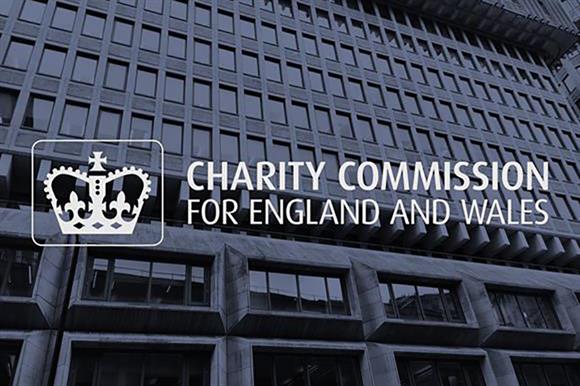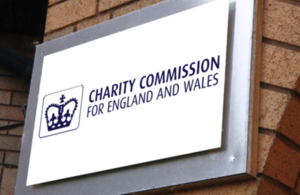The Role and Importance of the Charity Commission

Introduction
The Charity Commission for England and Wales is a vital institution responsible for regulating charities and ensuring they operate in compliance with the law. Established in 1853, the Charity Commission plays a critical role in maintaining public trust in the charitable sector, which is essential for encouraging donations and engagement from the public. As the sector faces increasing scrutiny, understanding the Commission’s role has never been more important.
Key Functions of the Charity Commission
One of the primary functions of the Charity Commission is to register charities and ensure they meet the necessary legal requirements. As of October 2023, there are approximately 170,000 registered charities in England and Wales, a number that has steadily increased over the years. Each of these charities must provide financial information, uphold public trust, and prove they operate for charitable purposes. The commission’s oversight helps to weed out fraudulent activities, ensuring that funds go to genuine causes.
The Commission also offers guidance and support to charities, helping them navigate challenges such as fundraising regulations and compliance issues. Recent initiatives included the launch of a digital platform that simplifies reporting processes for charities and makes resources more accessible. This move has been particularly significant during the pandemic, which saw many charities adapting to new operational landscapes.
Recent Developments and Challenges
In recent months, the Charity Commission has focused on addressing issues related to safeguarding and transparency among charities. Following various high-profile cases of misconduct, the Commission has urged charities to adopt more robust safeguarding policies to protect vulnerable groups they serve. Additionally, there is a growing push towards greater transparency in charity finances, with calls for clearer reporting on operational spending versus charitable outcomes.
Furthermore, the Charity Commission has been equipped with greater powers to investigate charities and enforce compliance following the Charities (Protection and Social Investment) Act 2016. This enhanced authority aims to ensure that all registered charities maintain the highest standards of governance.
Conclusion
The Charity Commission remains a cornerstone of charitable governance in the UK, ensuring that individuals can trust charities to operate responsibly. As the sector continues to evolve, particularly in response to challenges such as digital fundraising and safeguarding, the importance of the Commission’s work will undoubtedly grow. For potential donors and the general public, understanding the role of the Charity Commission is crucial in making informed decisions about charitable giving, impacting how charitable organisations operate now and in the future.




